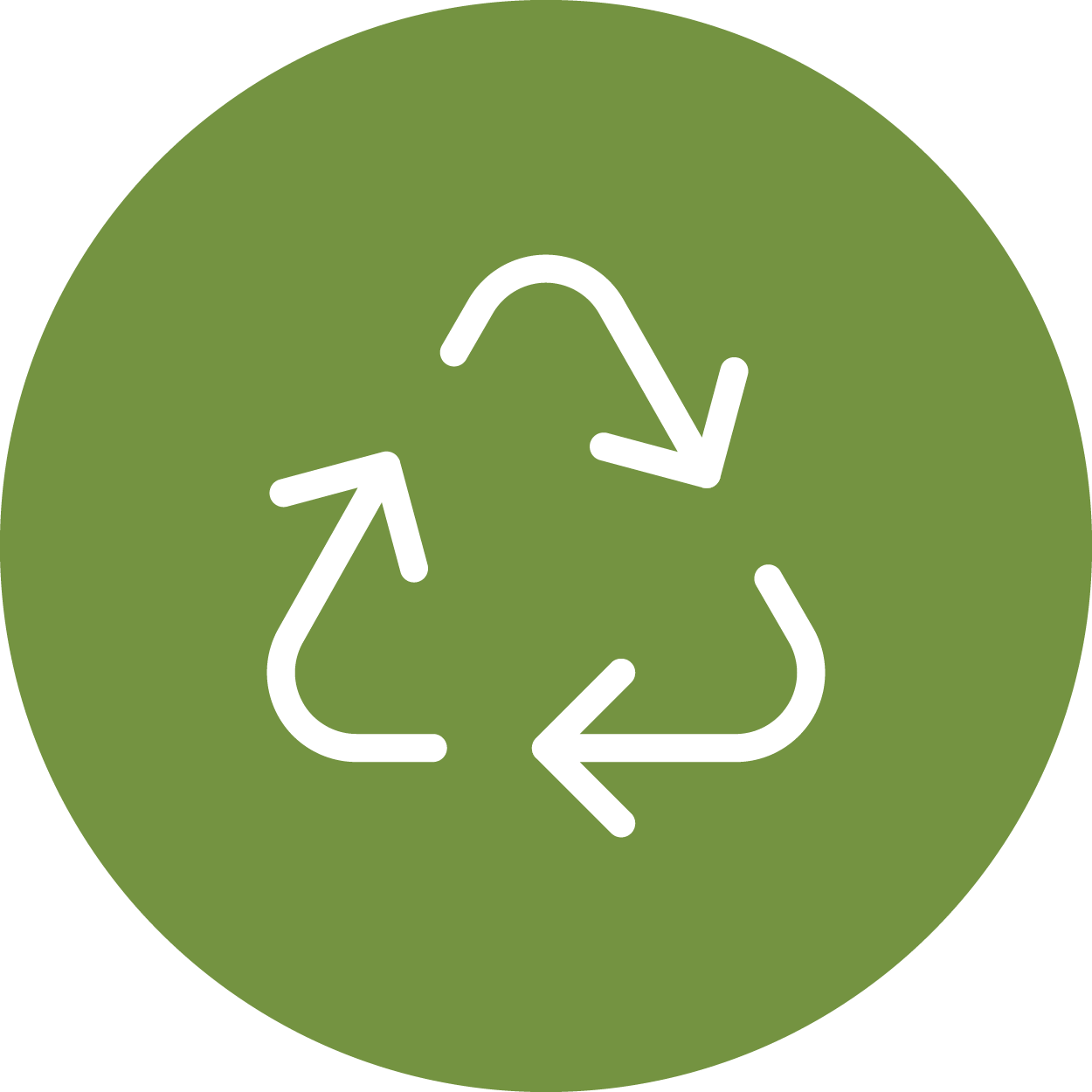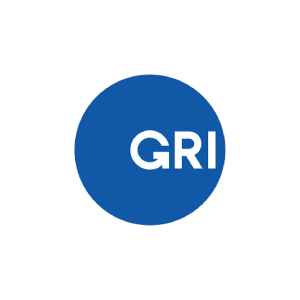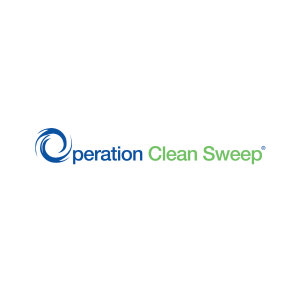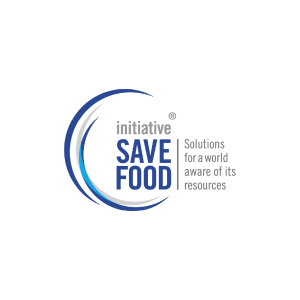At RetailPartner, we rethink existing packaging solutions in collaboration with our customers to develop more sustainable alternatives. We offer our clients a full-service, holistic concept within the context of this initiative, including consultation, conception, material development as well as process implementation.
We succeed in creating innovative packaging solutions with the help of our 5R programme.





We take ownership of our products and processes,
and we are dedicated to sustainability across every aspect of our organization.
Reducing waste through the use of thinner or lightweight films.
Plastic materials produced from renewable feedstocks or fiber-based packaging.
Introducing innovative packaging solutions, such as flexible options, aluminum-free materials,
or fiber-based alternatives for flexible packaging.
New packaging materials, designed for recycling processes or
with recycled content.
We made a complete Group-wide transition towards the use of renewable energy carriers from 34,73 % in 2020 to 100% in 2022. This results in the reduction of CO2-emissions of our electrical energy consumption (“Scope 2”) from 2020 to 2022 by 93%.

The Global Reporting Initiative (GRI) is an independent, international organisation providing the global common language for corporate transparency. It helps businesses and other organisations to understand and communicate their sustainability impacts, enabled through the world’s most widely used standards for sustainability reporting – the GRI Standards.

The Operation Clean Sweep (OCS) is an international programme designed to prevent the loss of plastic granules like pellets, flakes and powders into the environment. This programme has various benefits, from its positive contribution to preserving water quality and wildlife, to employee safety and operational efficiency.

SAVE FOOD is an initiative dedicated to fighting against food waste and food loss. Together with their members from industry, politics and civil society, SAVE FOOD aims to drive innovation, promote interdisciplinary dialogue and spark off debates in order to generate solutions across the entire value chain “from field to fork” by involving all actors. The United Nations Global Compact (UNGC) aims to encourage a global movement of sustainable companies and stakeholders to do business responsibly by aligning their strategies and operations with its ten principles on human rights, labour, environment and anti-corruption. It also calls for strategic action to advance broader social goals, such as the UN Sustainable Development Goals, with a strong emphasis on collaboration and innovation.